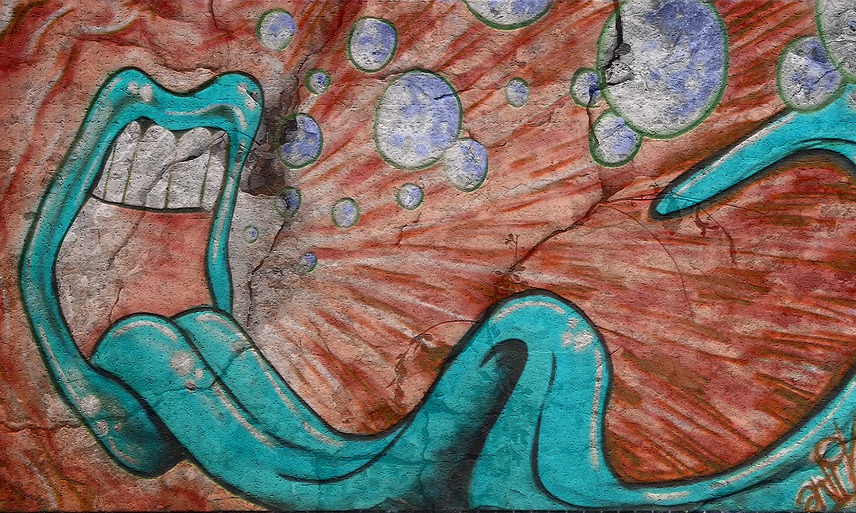Sticks and stones may break bones, but words wound hearts. A well chosen insult cuts to the core, searching out secret soft spots so that the fresh wound festers more than the former. How cleverly cruel we can be, delighting to deliver the destroying word. Yet, sometimes the evil words seem to spring forth of their own accord with a spite that shocks us.
That is the terrible power of the words our tempestuous tongues utter. While we can tame every animal, “no human being can tame the tongue—a restless evil, full of deadly poison. With it we bless the Lord and Father, and with it we curse men, who are made in the likeness of God” (James 3:7–9). With our tongues we cry kyrie one moment in church and curse the car that cuts us off the next.
The tongue needs training beyond human craft to drain its deadly poison. For, the tongue’s venom ferments in a vicious heart. “The good man out of the good treasure of his heart produces good, and the evil man out of his evil treasure produces evil; for out of the abundance of the heart his mouth speaks” (Lk 6:45). The tongue tells what the heart houses.
And the heart houses what it hears. Do our hearts hear only wounding words or the wondrous word of him who said, “If a man loves me, he will keep my word, and my Father will love him, and we will come to him and make our home with him” (Jn 14:23)? When our hearts open to receive his words, the Word himself dwells therein. The Word dwelling within pours forth an abundance of his wisdom into the treasury of our hearts.
With sapiential starkness, a proverb articulates the transformation: “There is one whose rash words are like sword thrusts; but the tongue of the wise brings healing” (Prov 12:18). When the Word of Wisdom has made the heart whole, the tongue no longer raves and rants and wrecks. From a healed heart, the disciple speaks words of healing, “for he whom God has sent utters the words of God” (Jn 3:34). May tongues always utter the words of him who heals wounded hearts.
✠
Photo by Alexandra Koch







